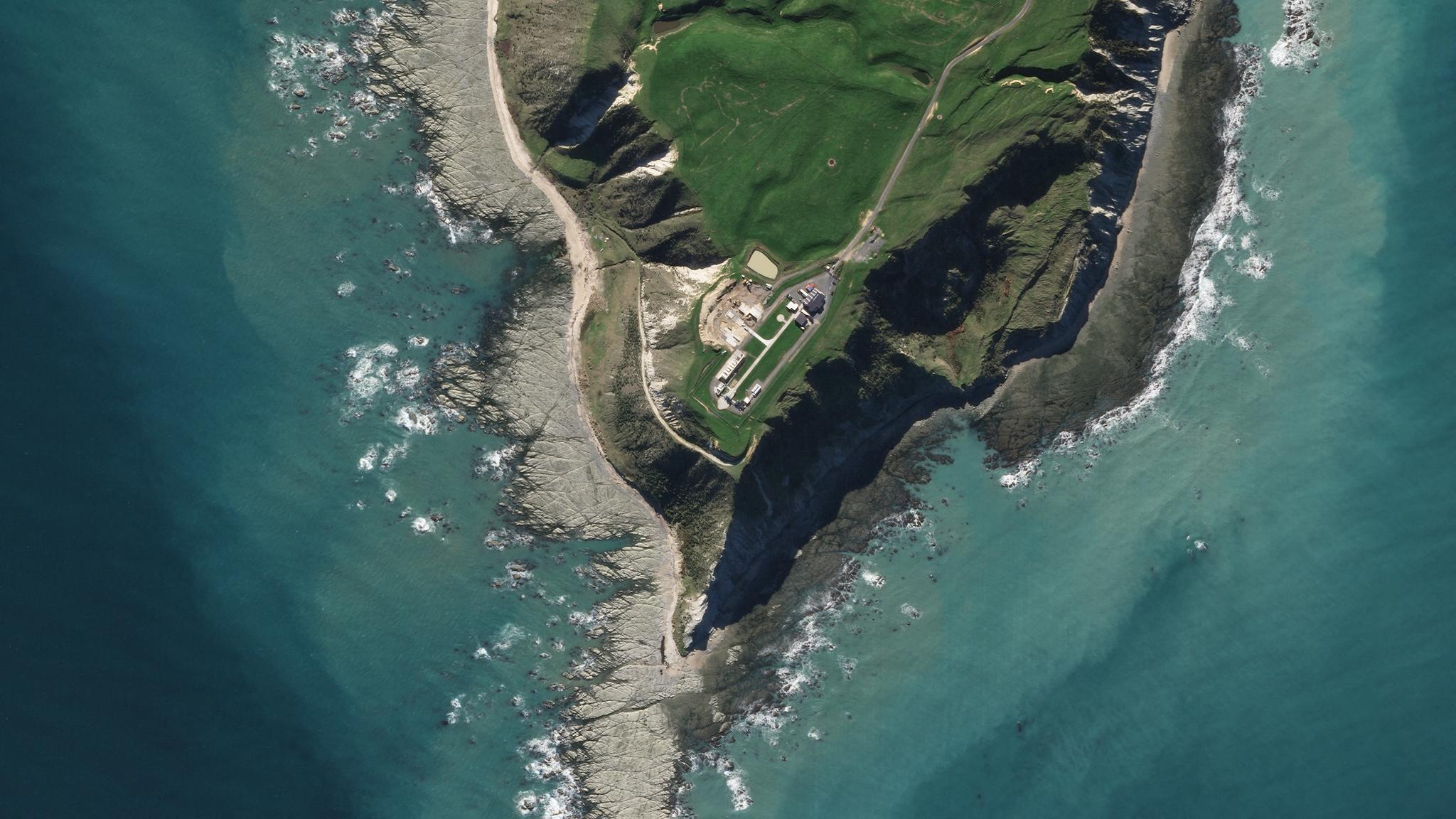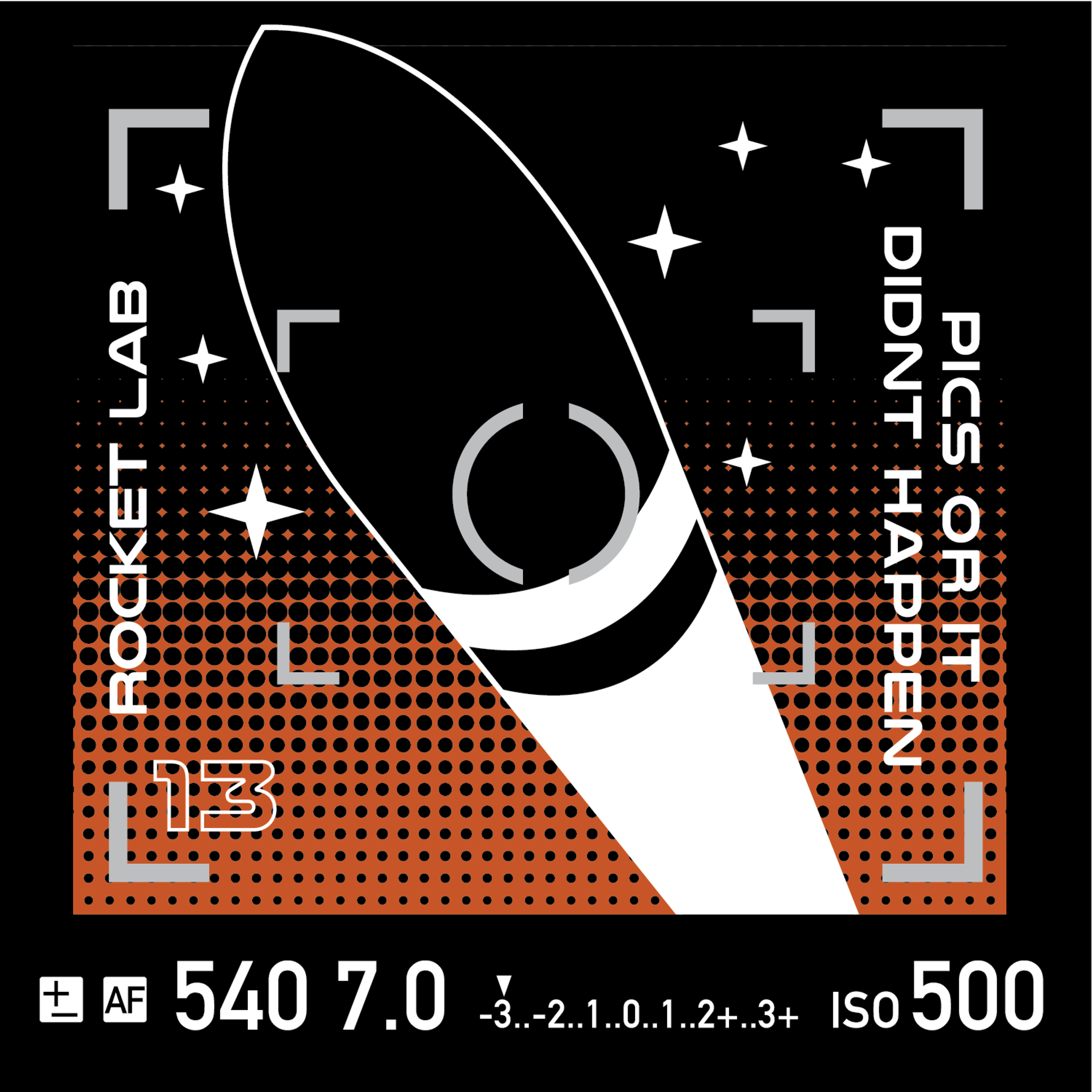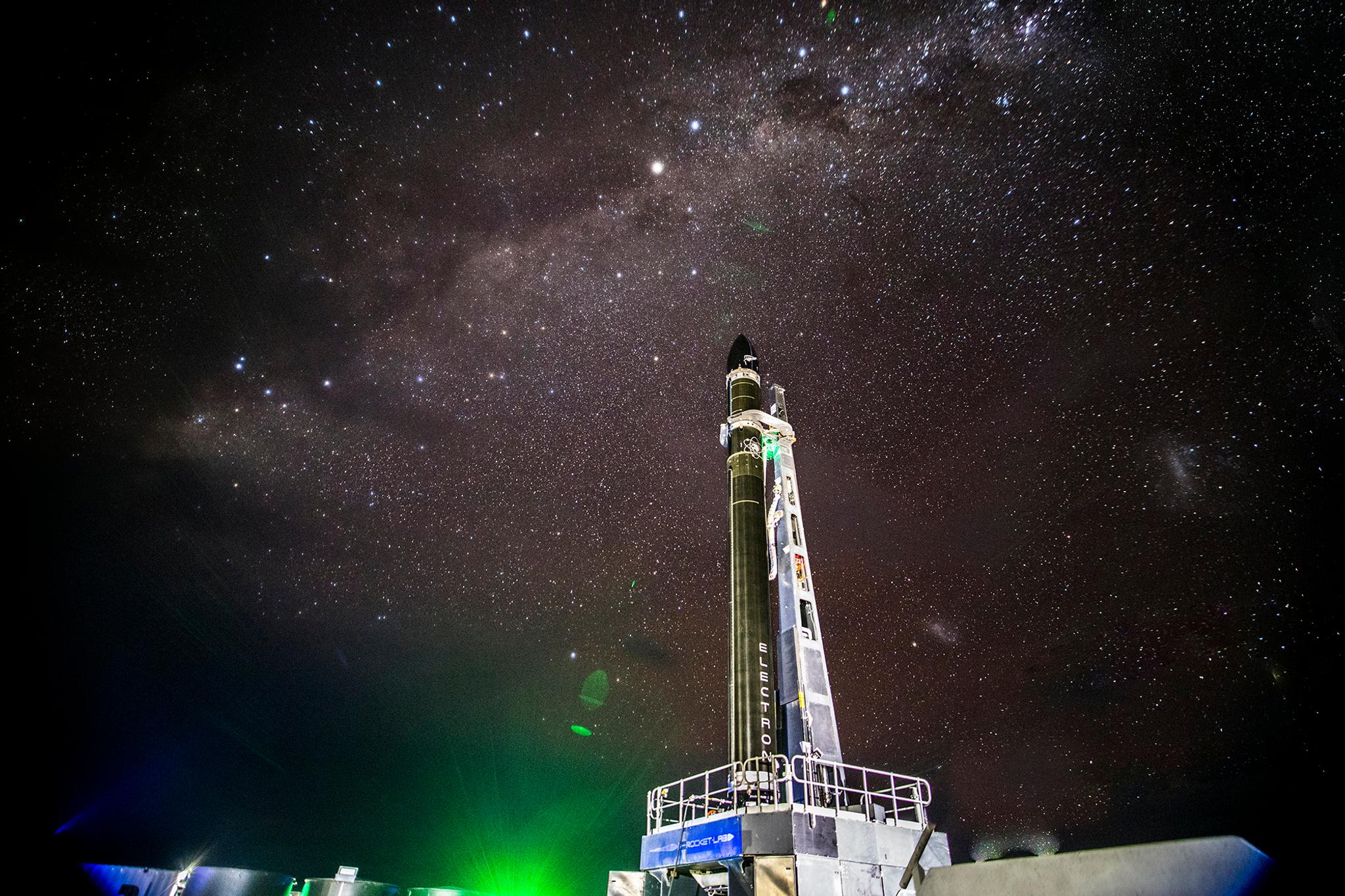Pics or It Didn’t Happen: The Rocket Lab Launch of Five New SuperDoves
This June and July will be busy times for the Launch and Satellite Operations teams at Planet. In addition to the successful launch of three new SkySats this past Saturday (with three more launching this summer), we have another five SuperDoves (Flock 4e) launching on Rocket Lab’s “Pics or It Didn’t Happen” Electron launch later this month. It’ll be good to see our Doves back on New Zealand soil (at least temporarily), and we plan to have the pics to prove it. [caption id="attachment_145021" align="aligncenter" width="2560"]



Ready to Get Started
Connect with a member of our Sales team. We'll help you find the right products and pricing for your needs


